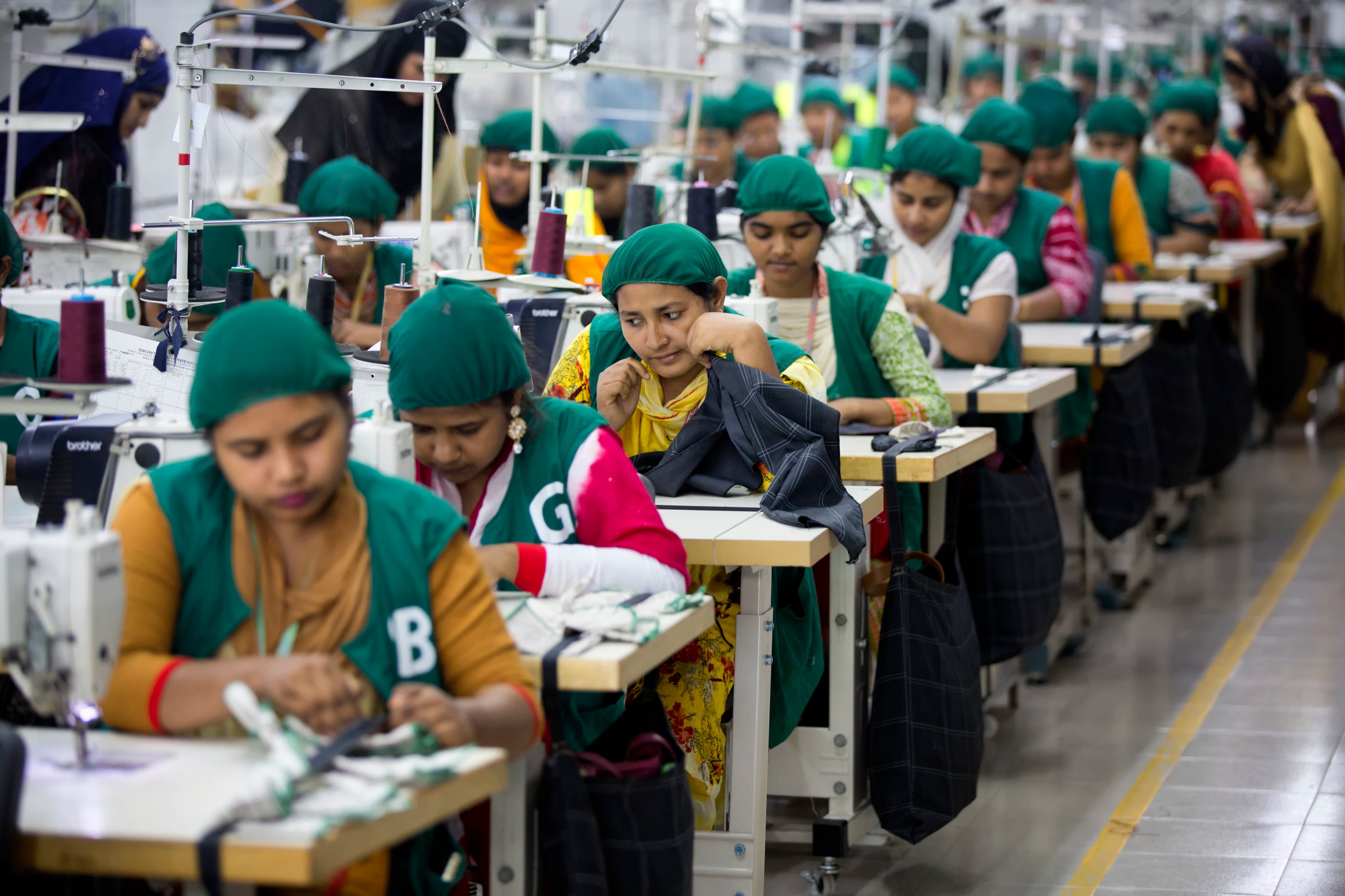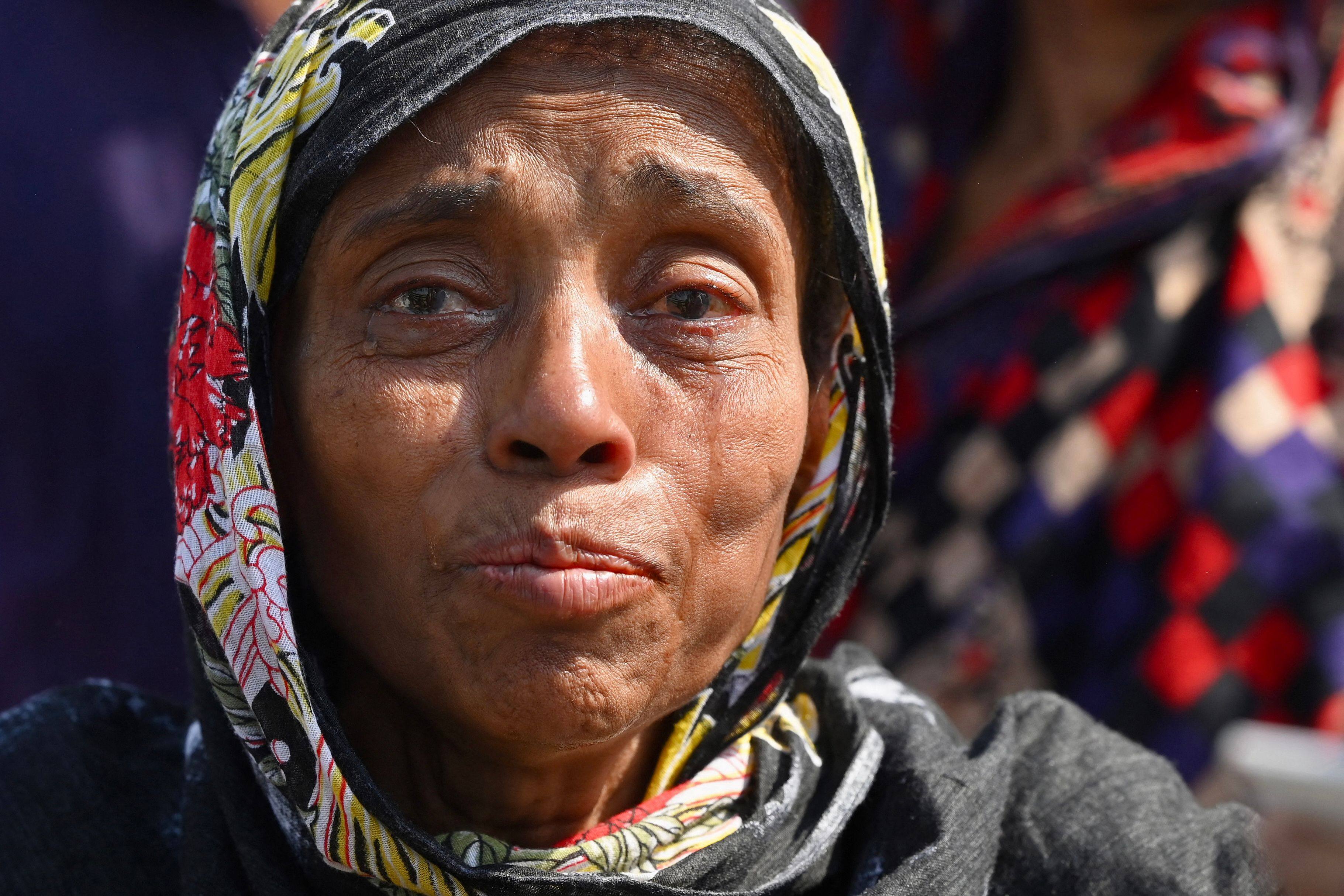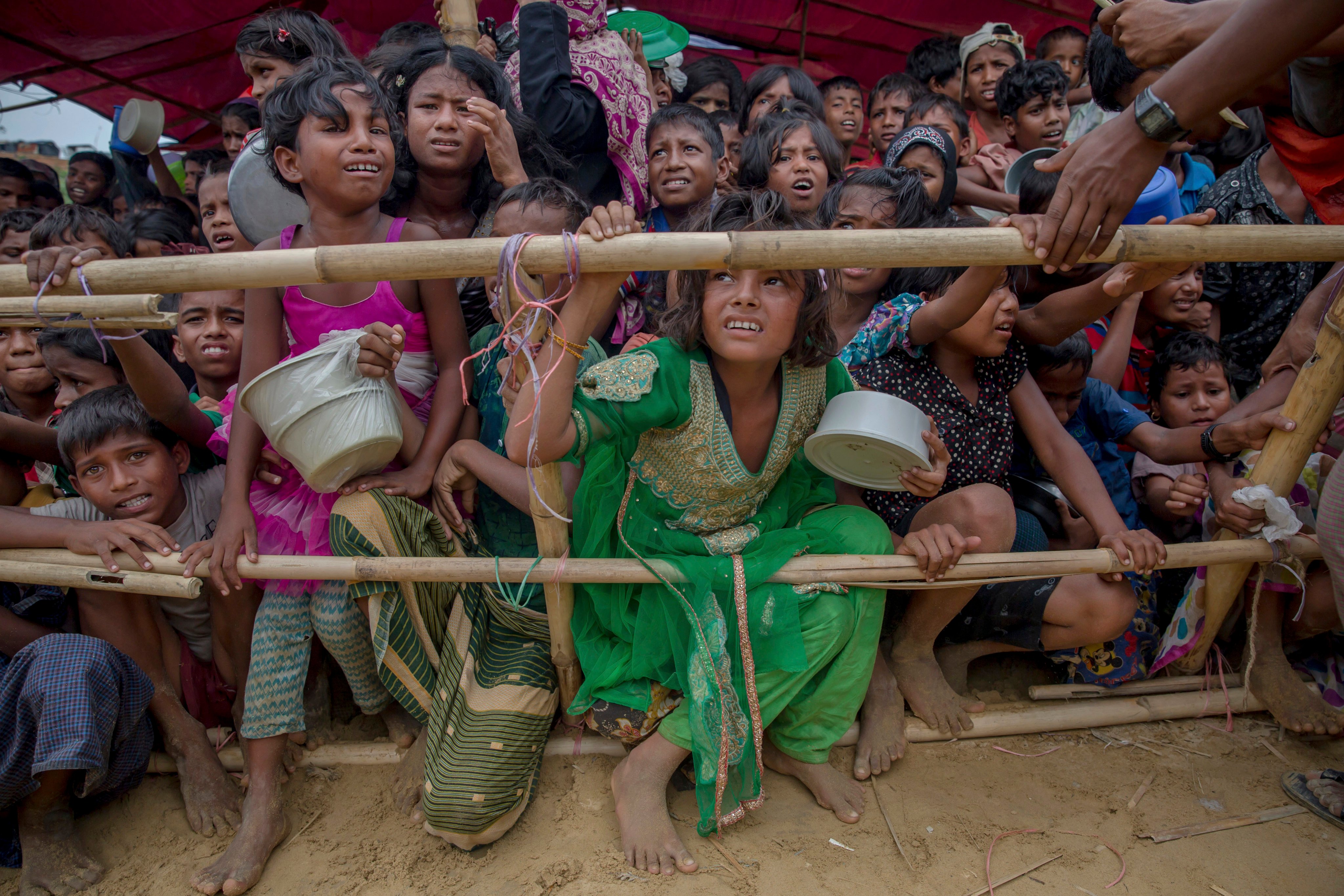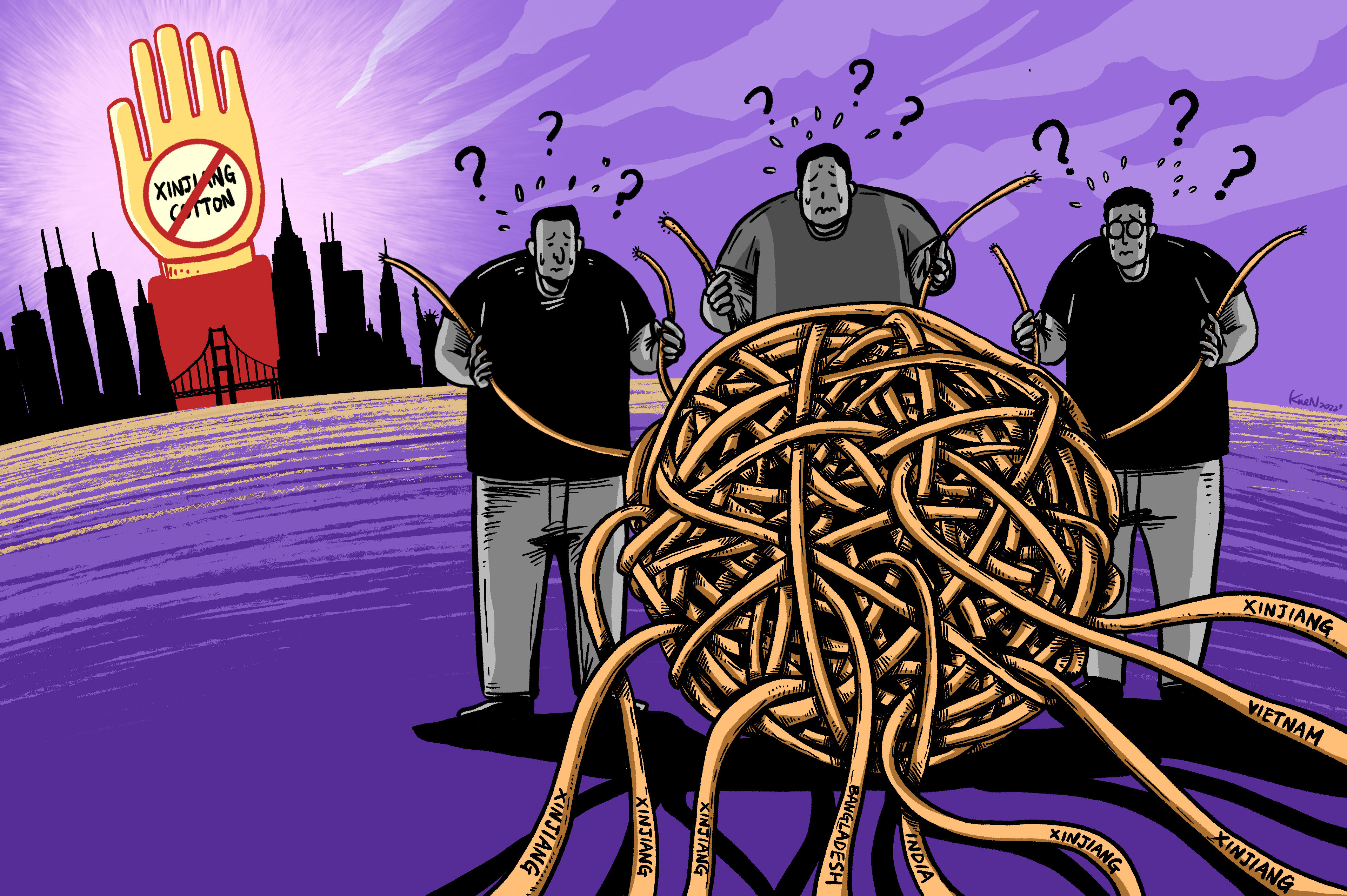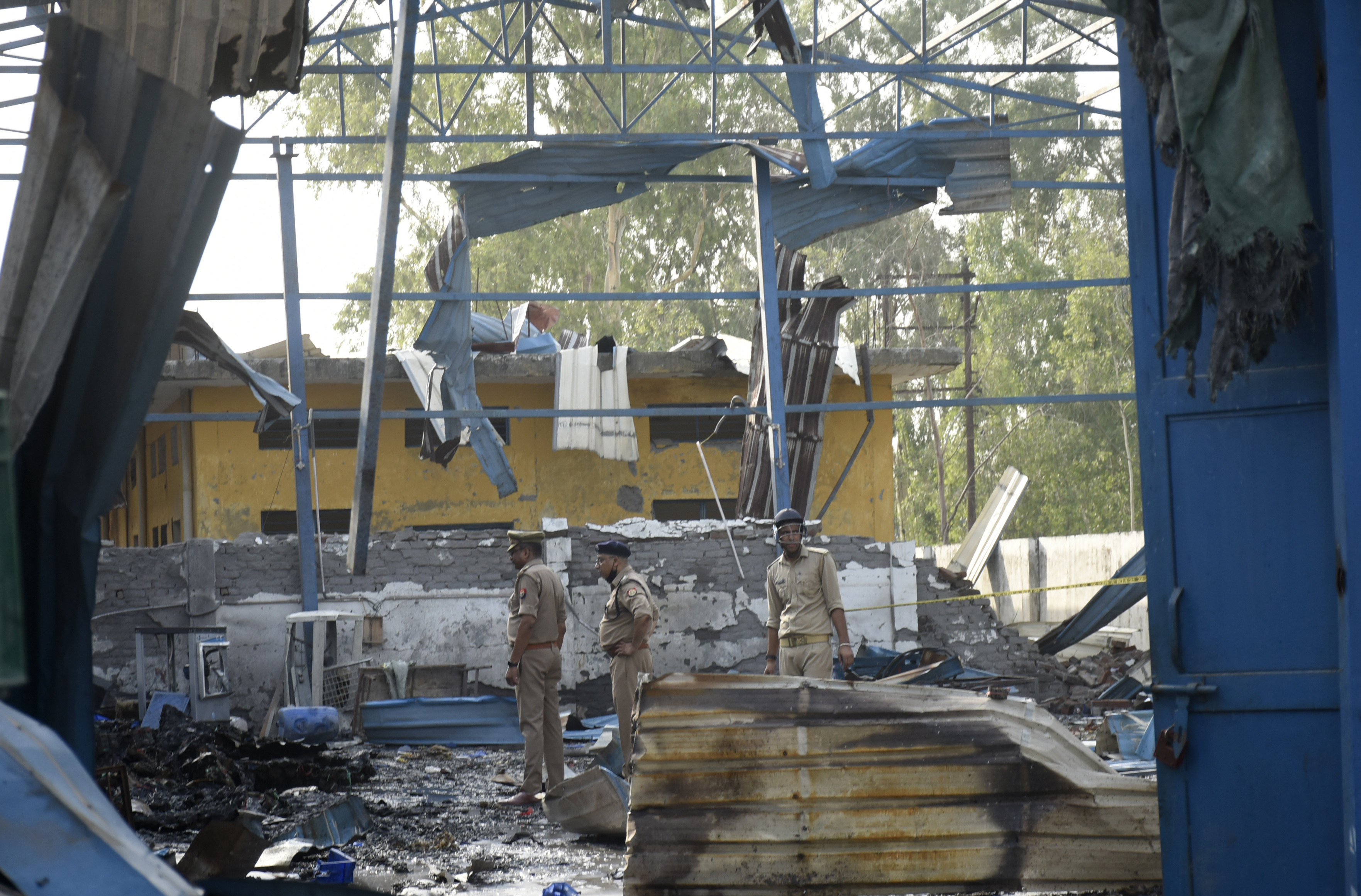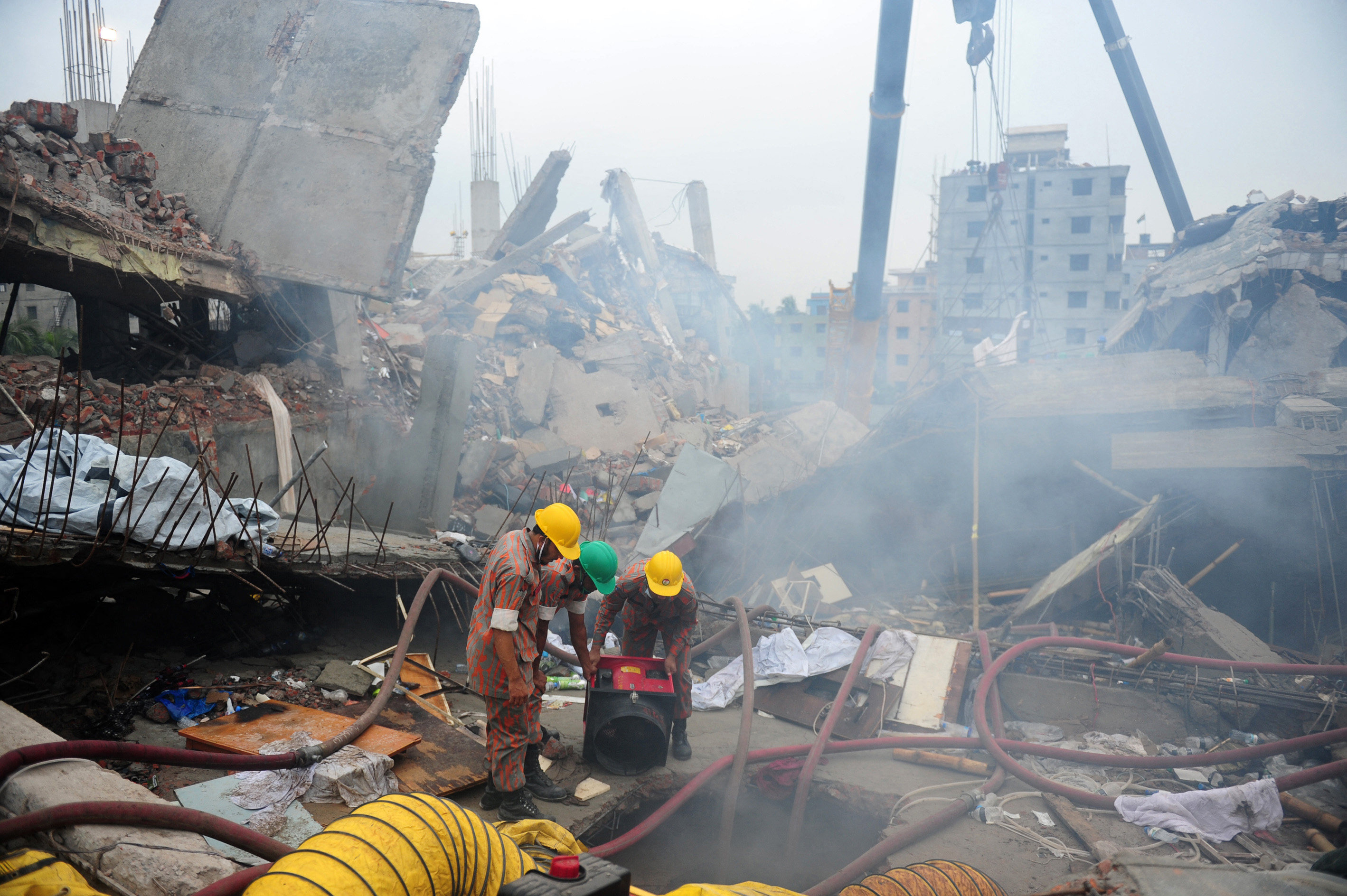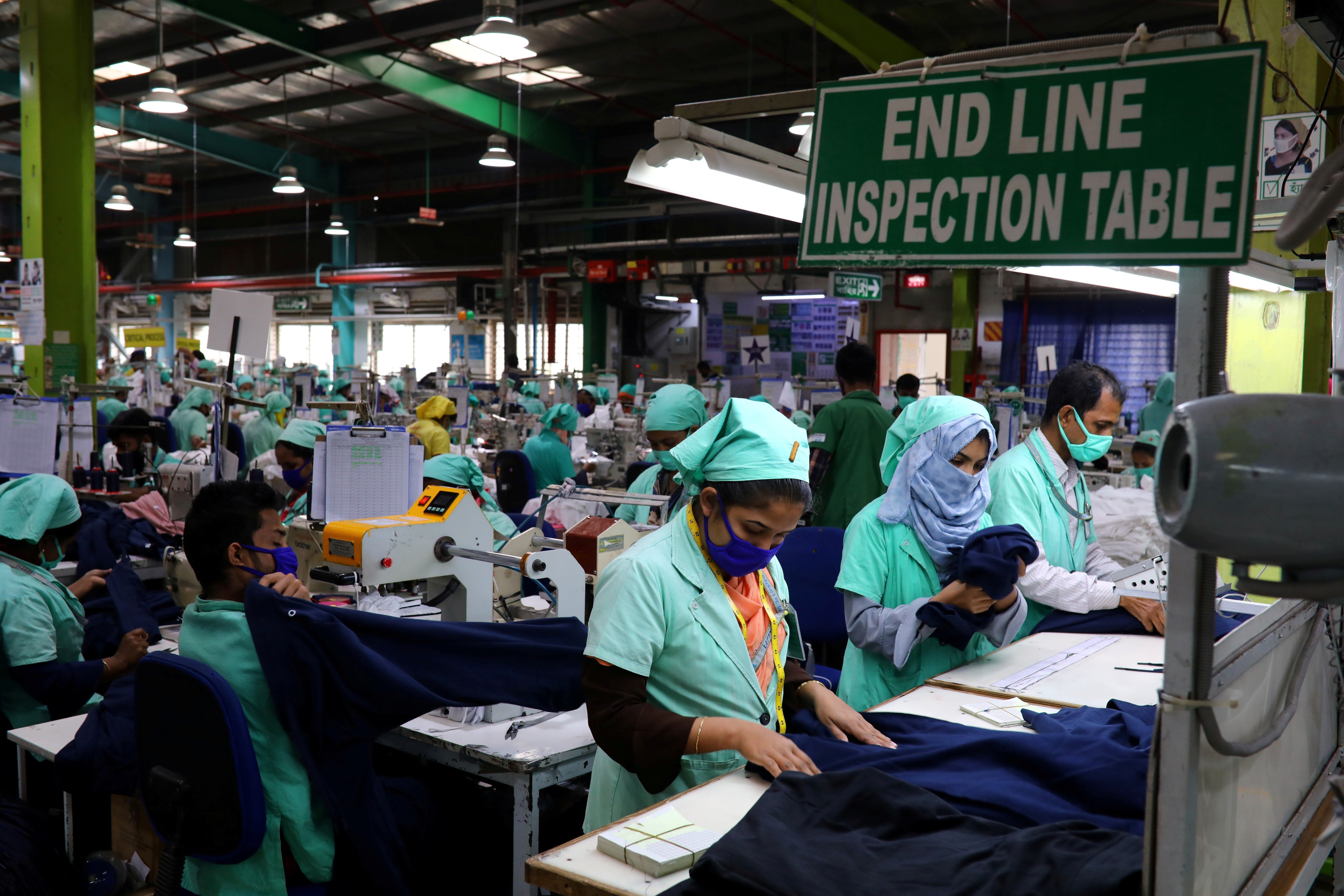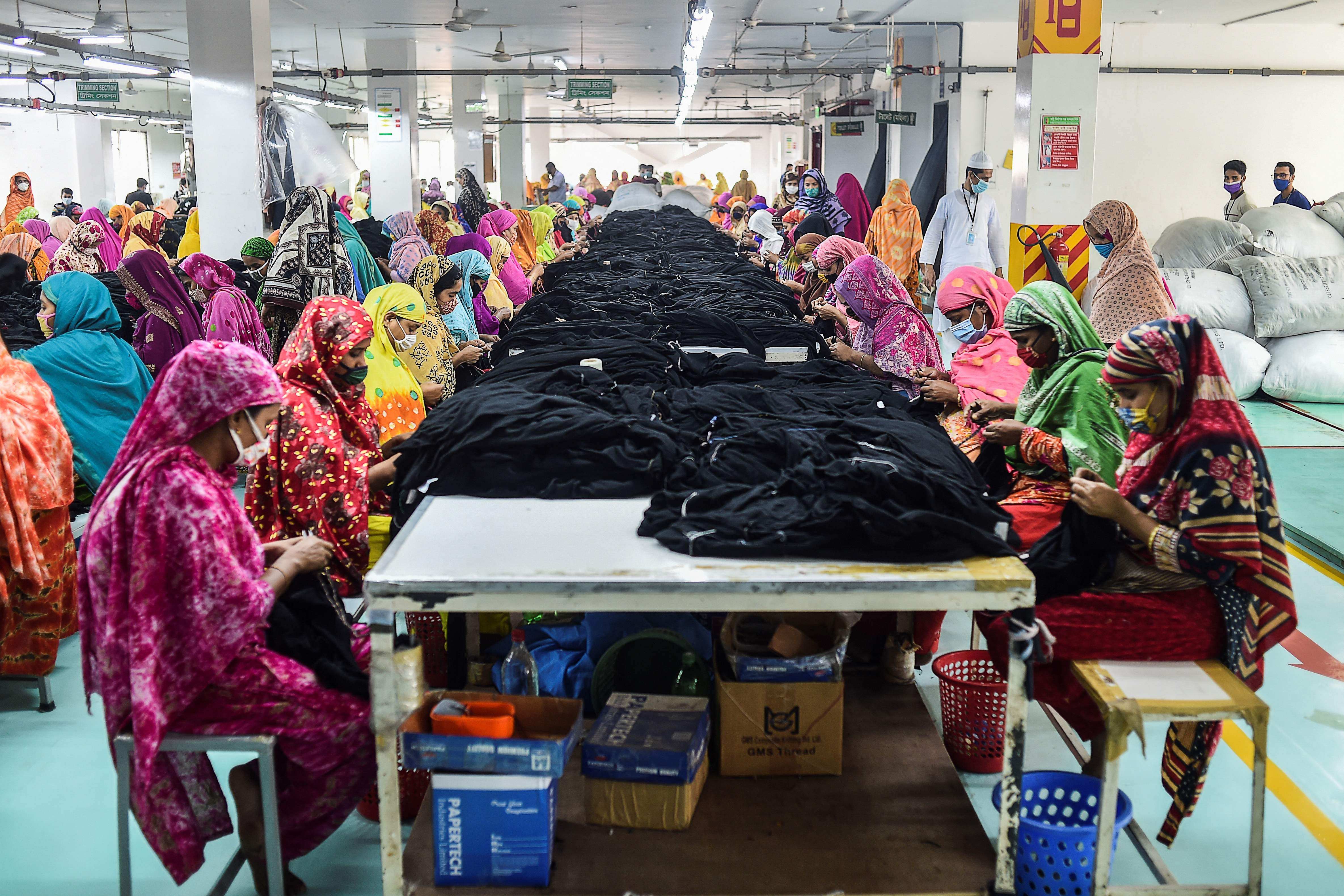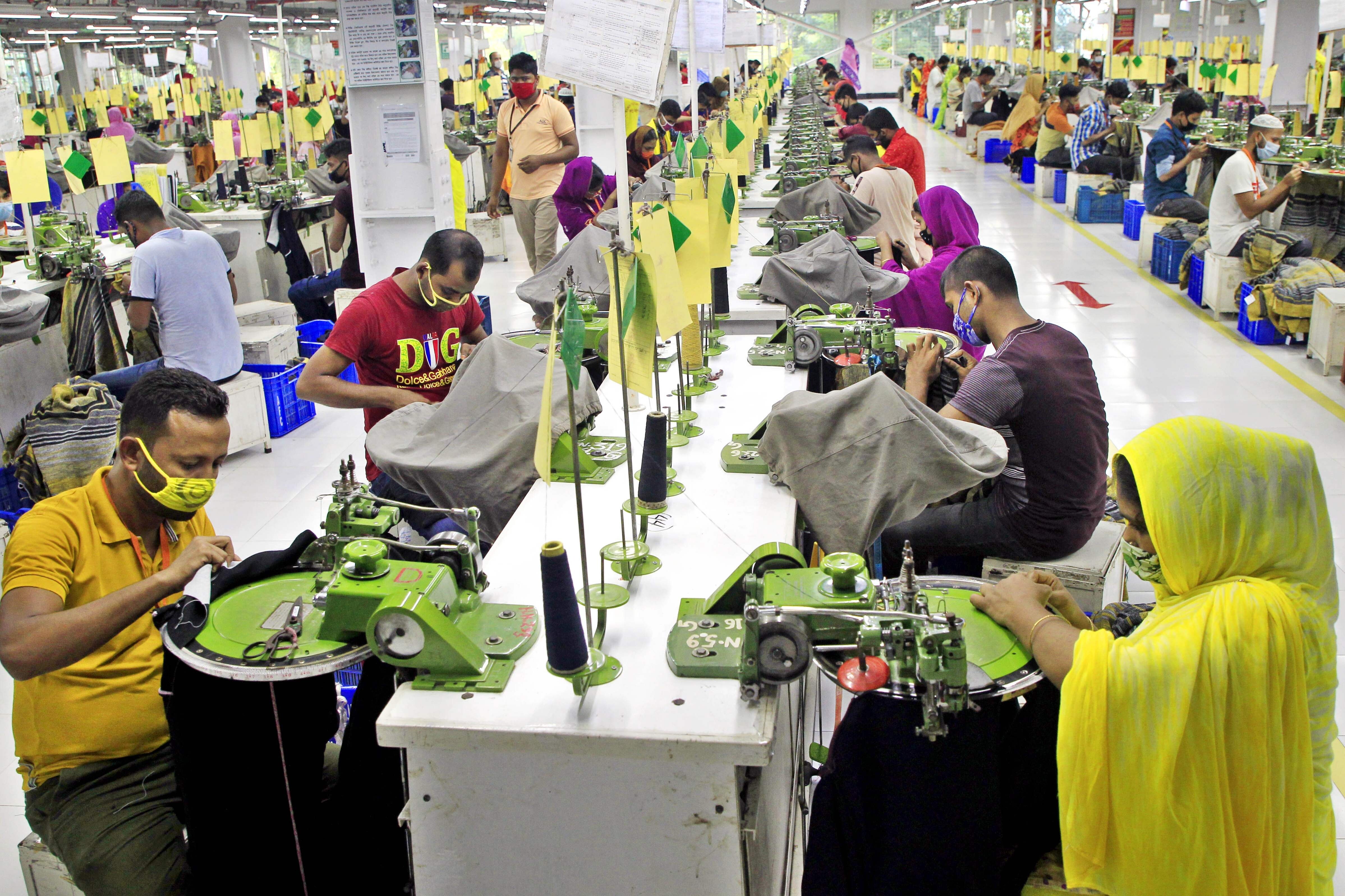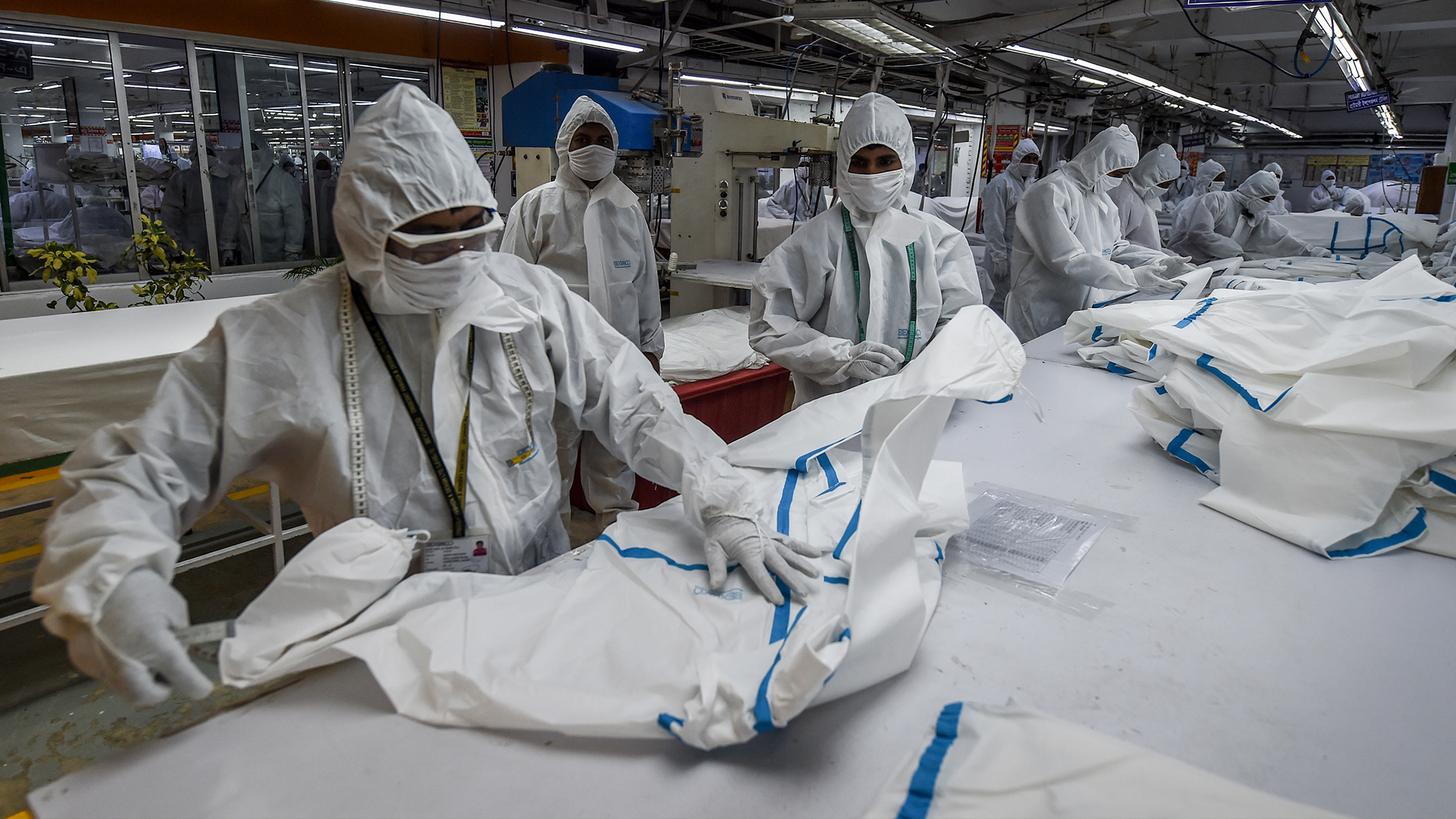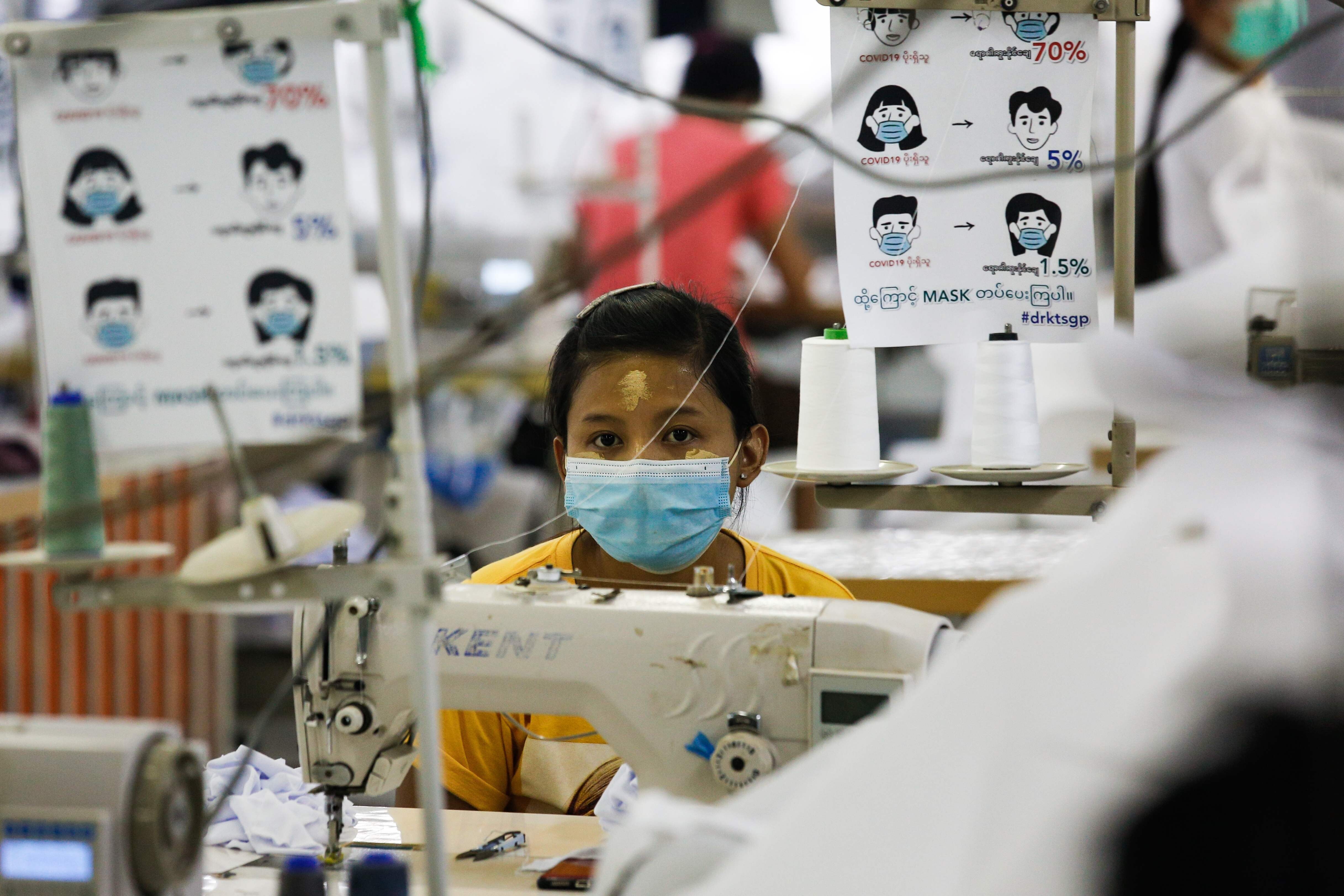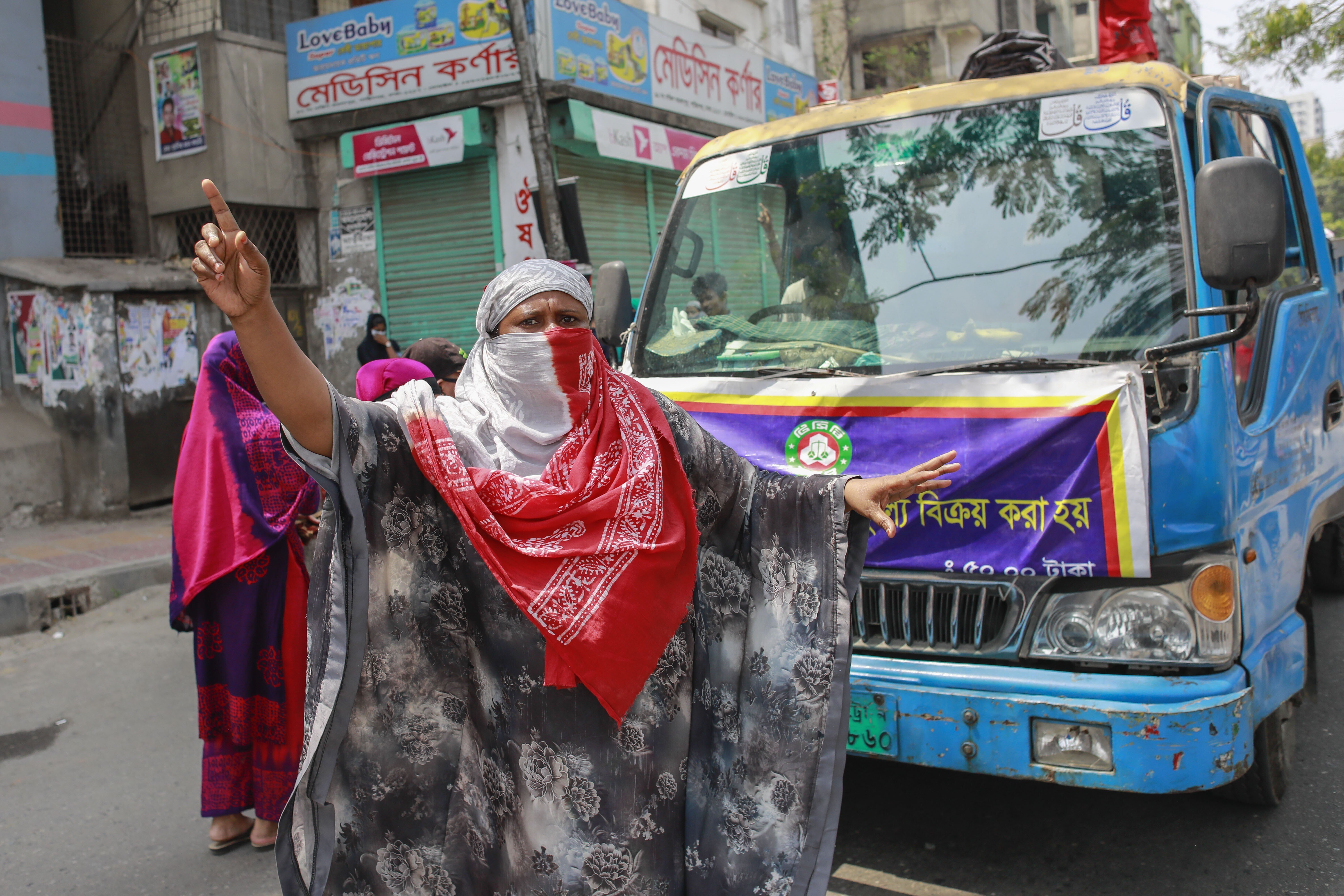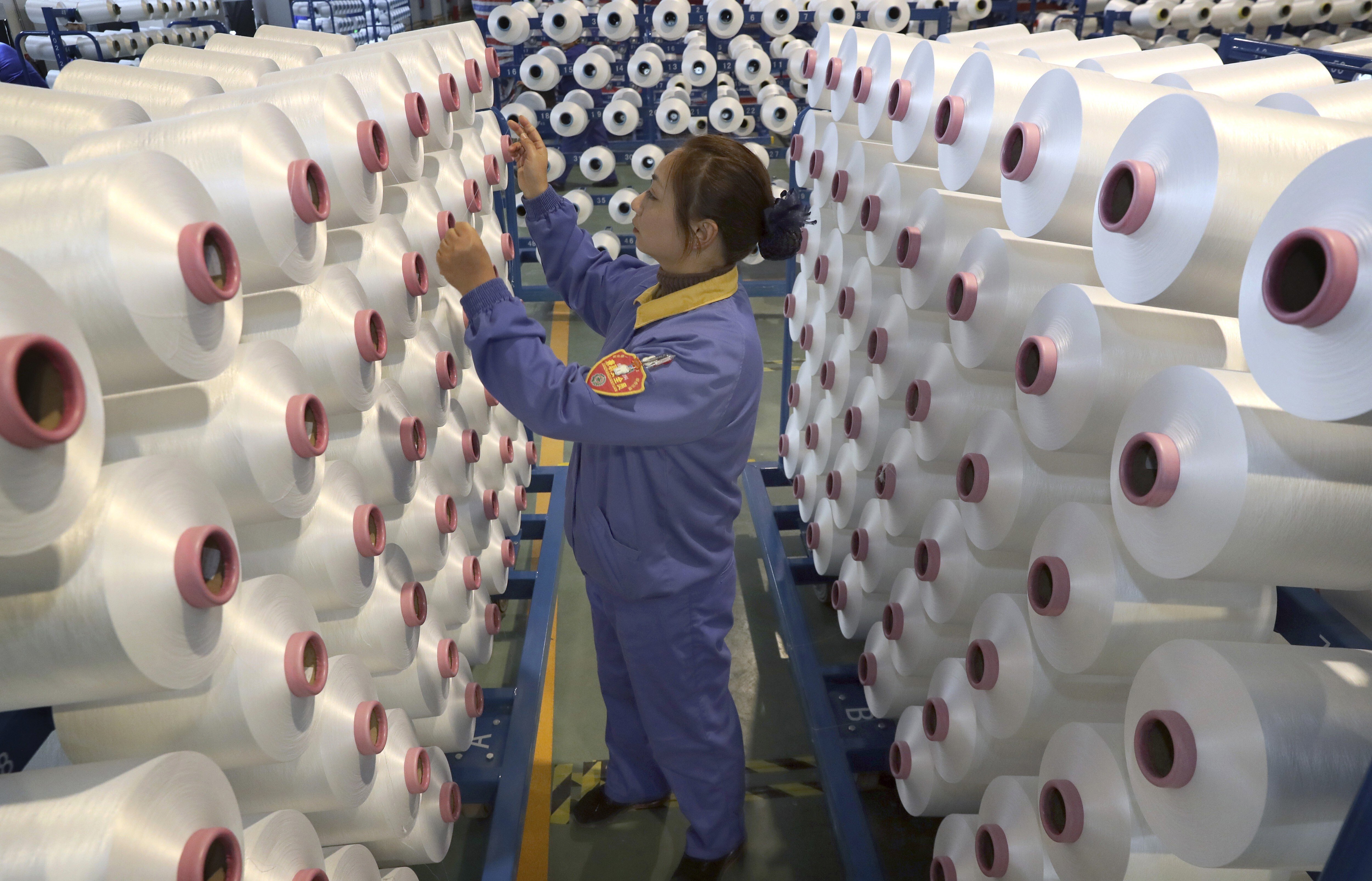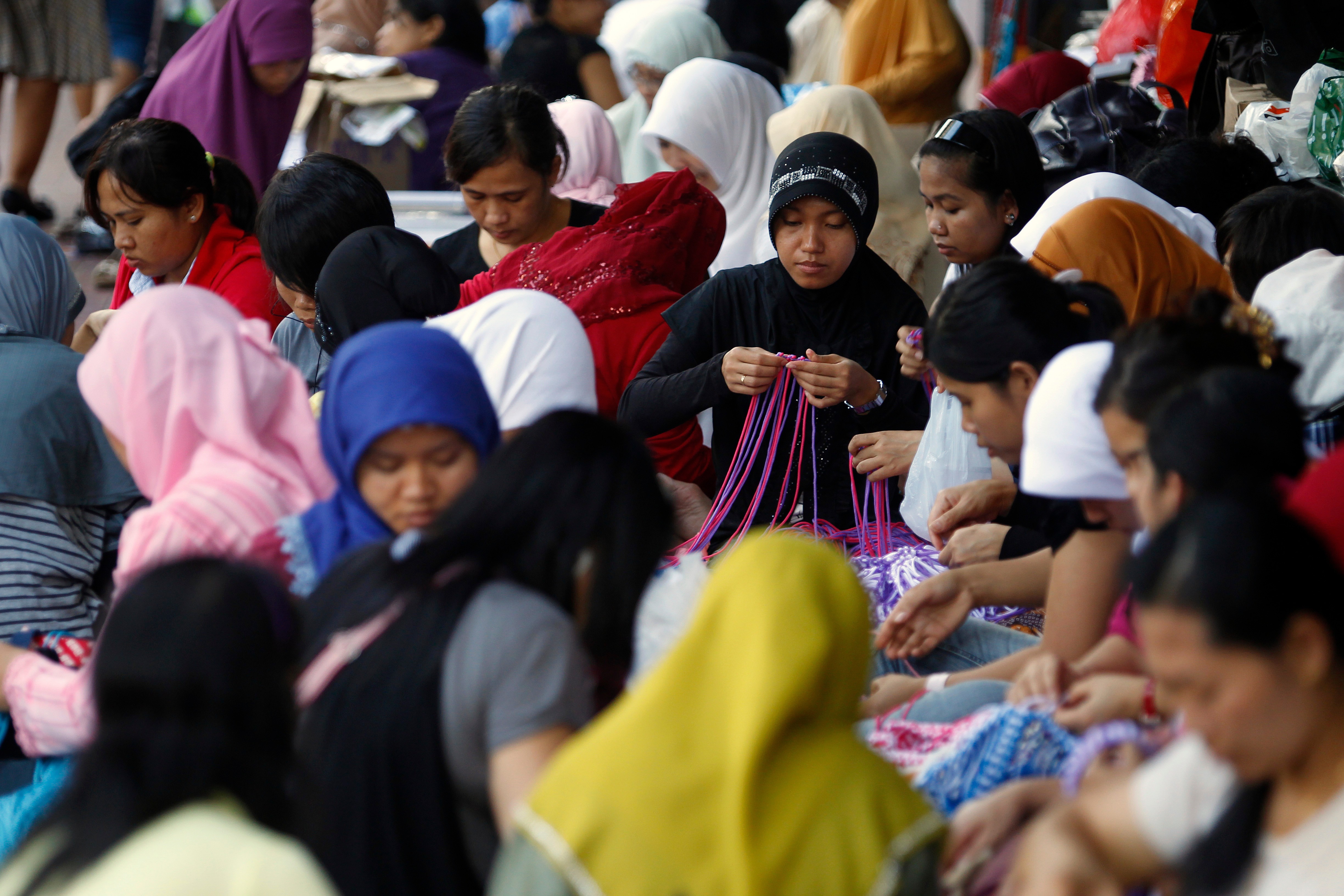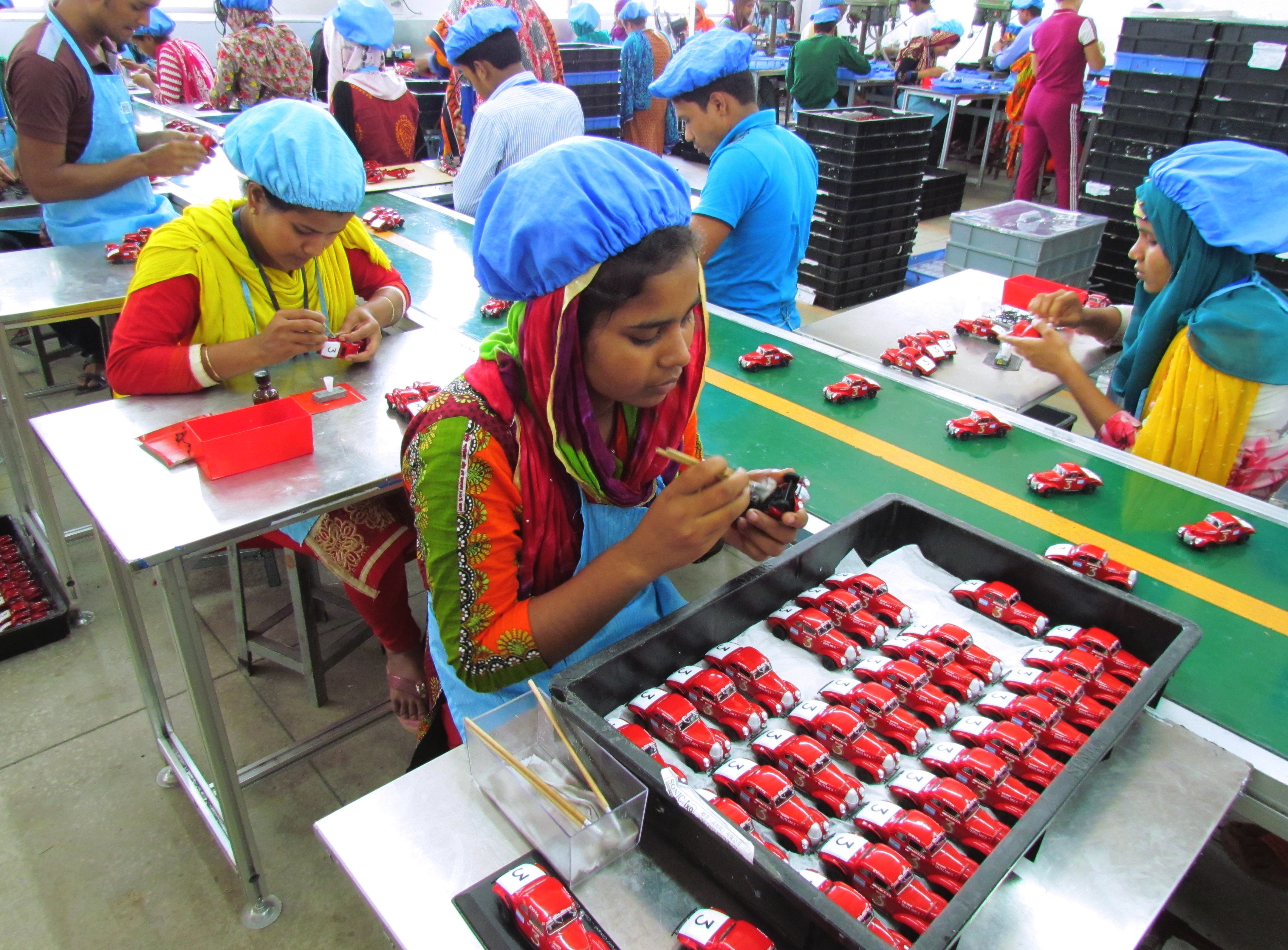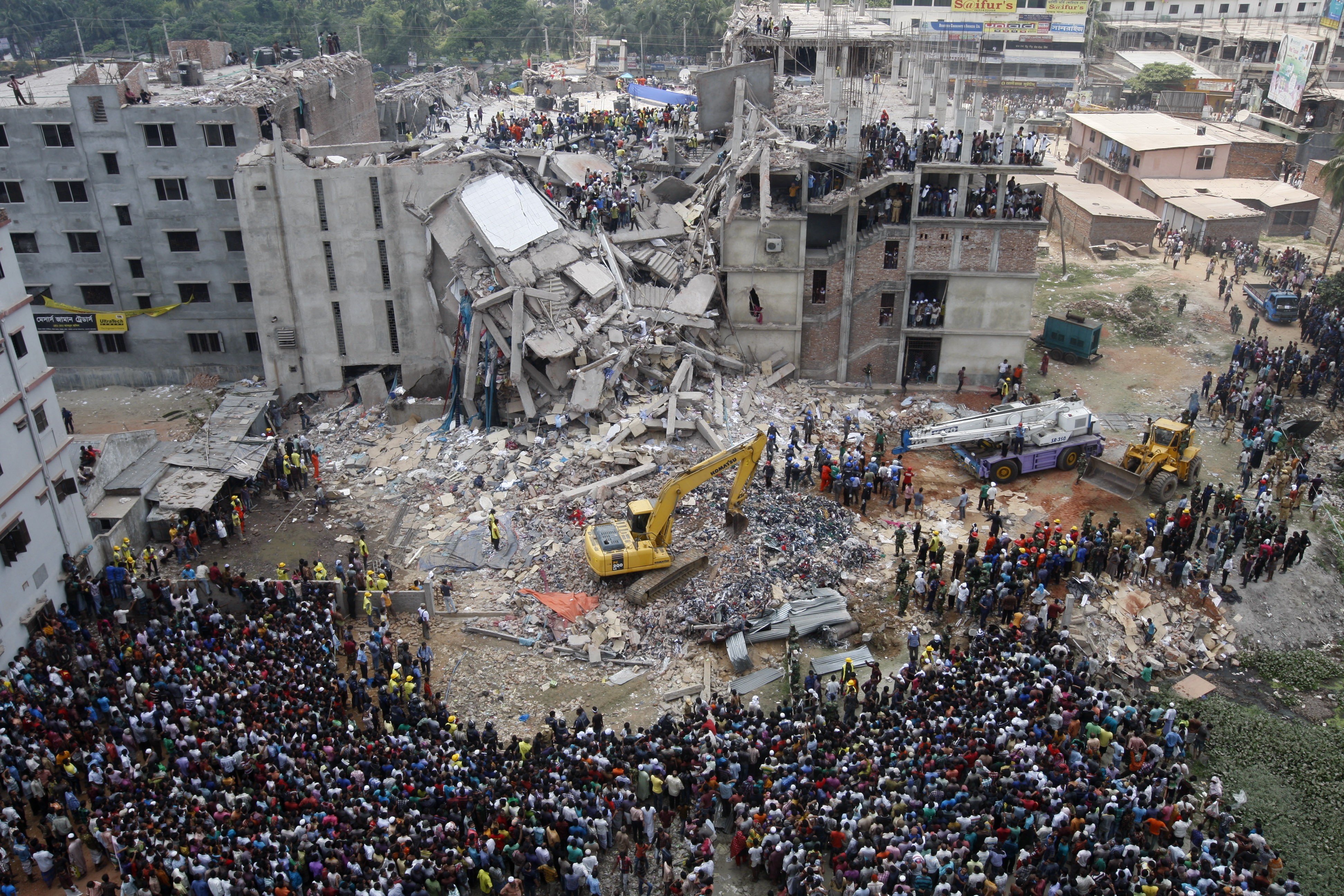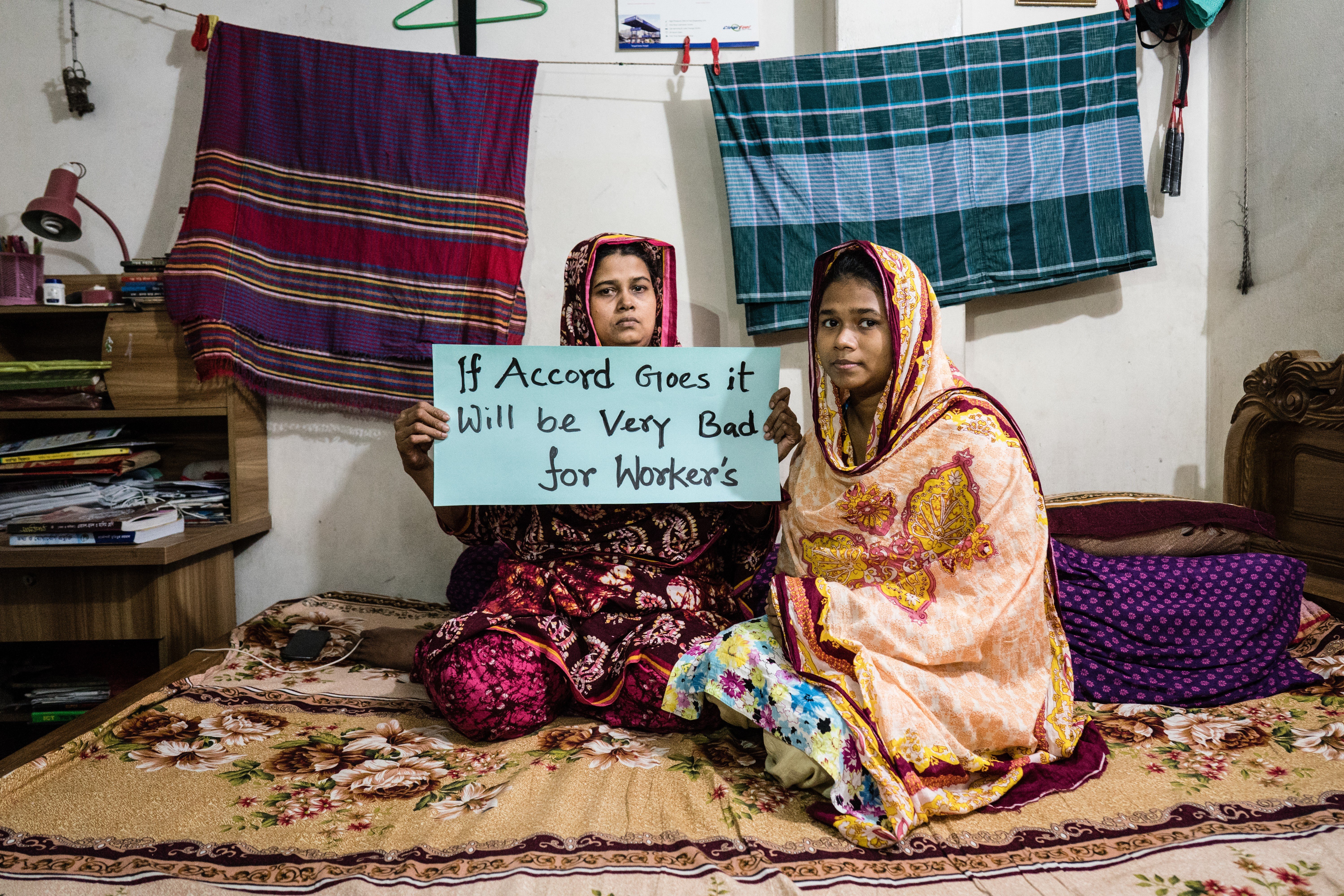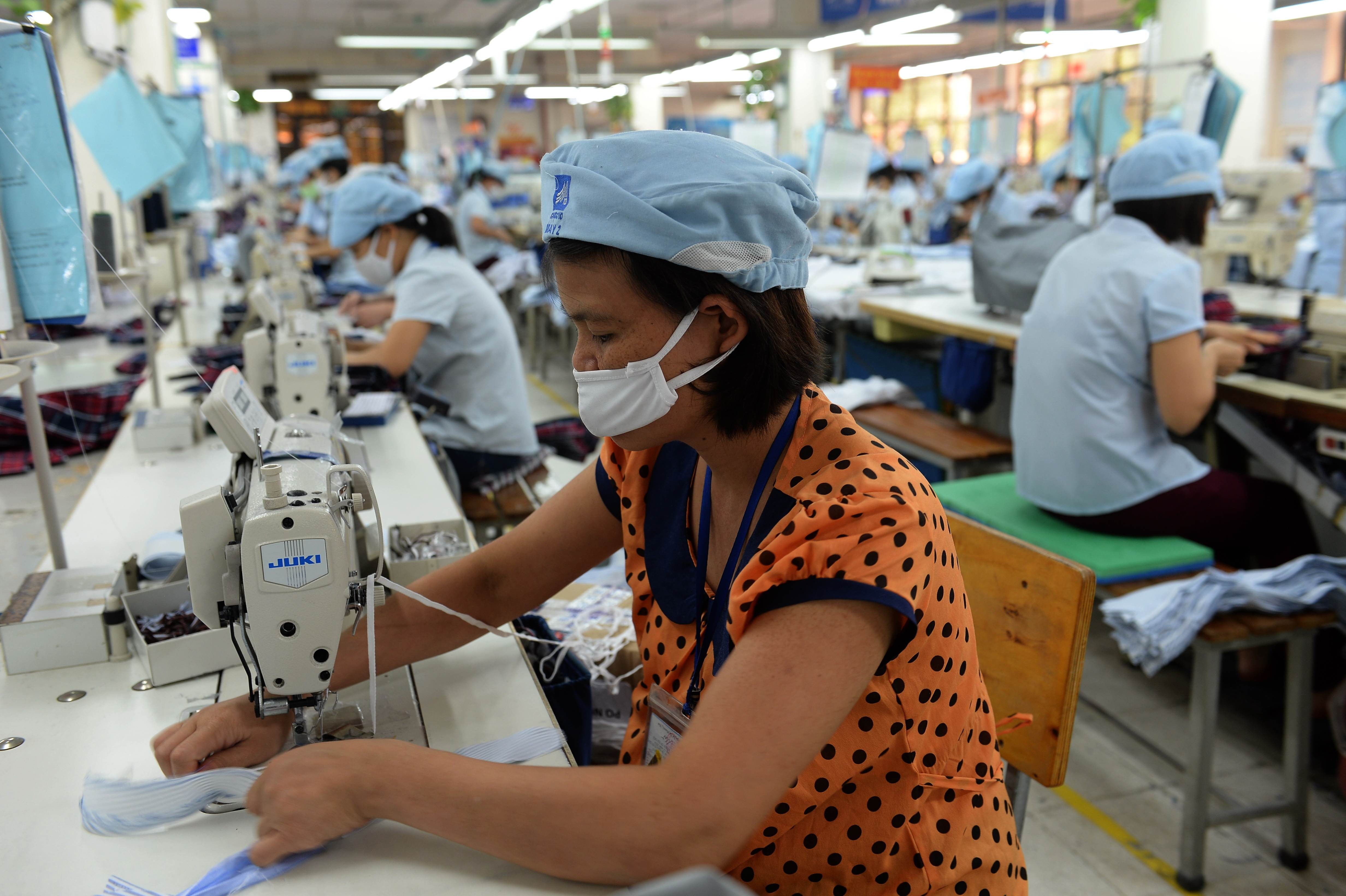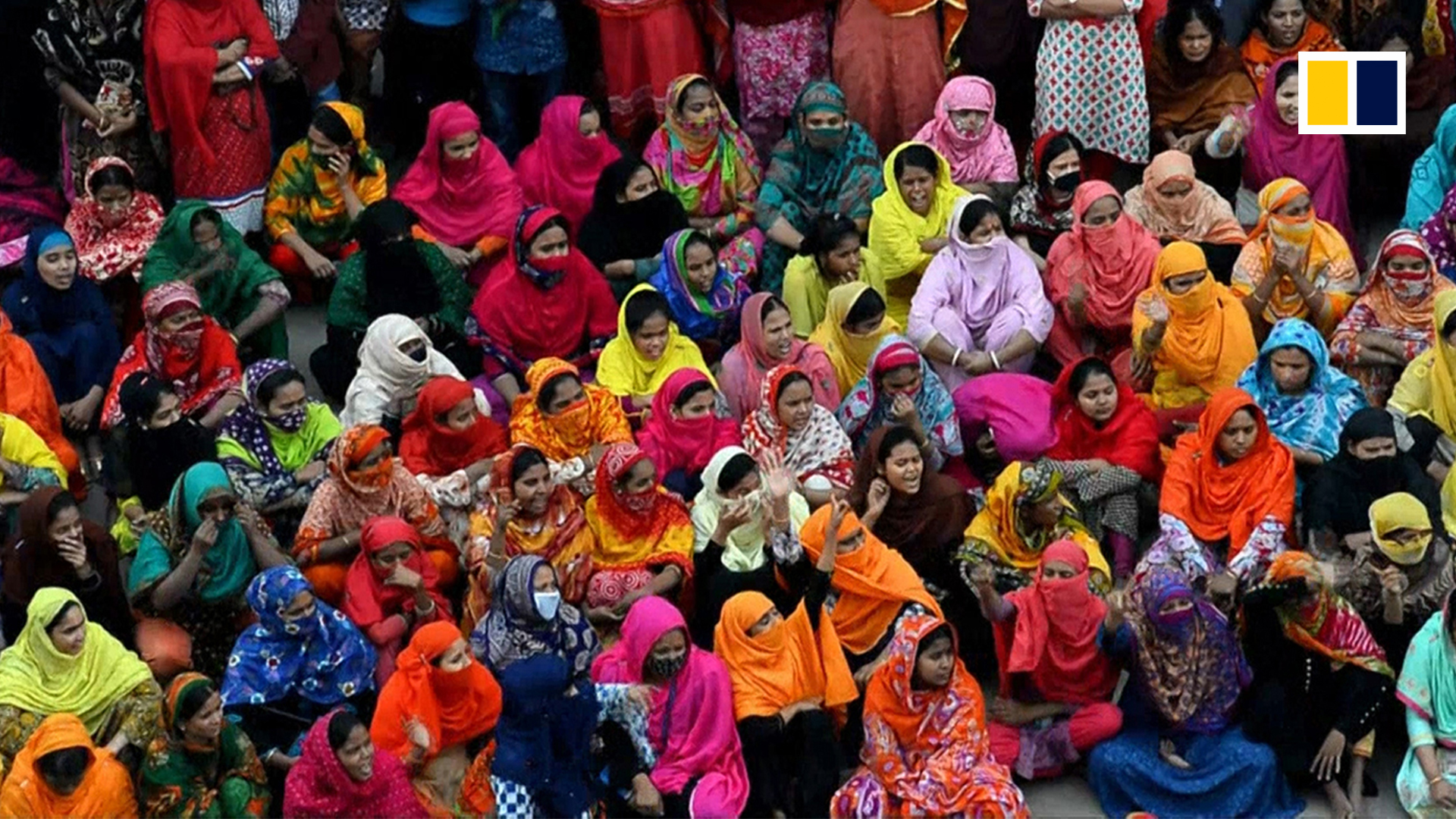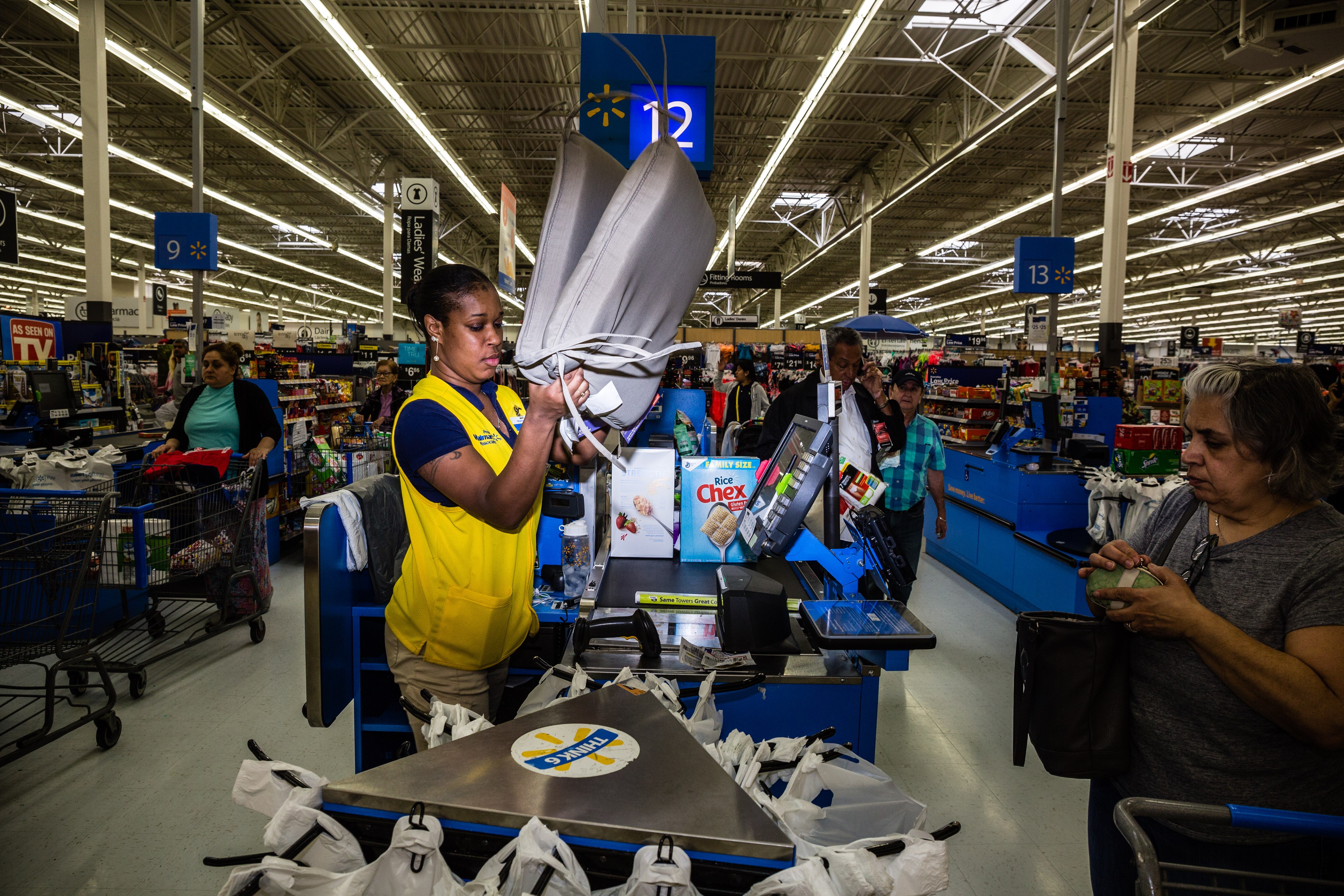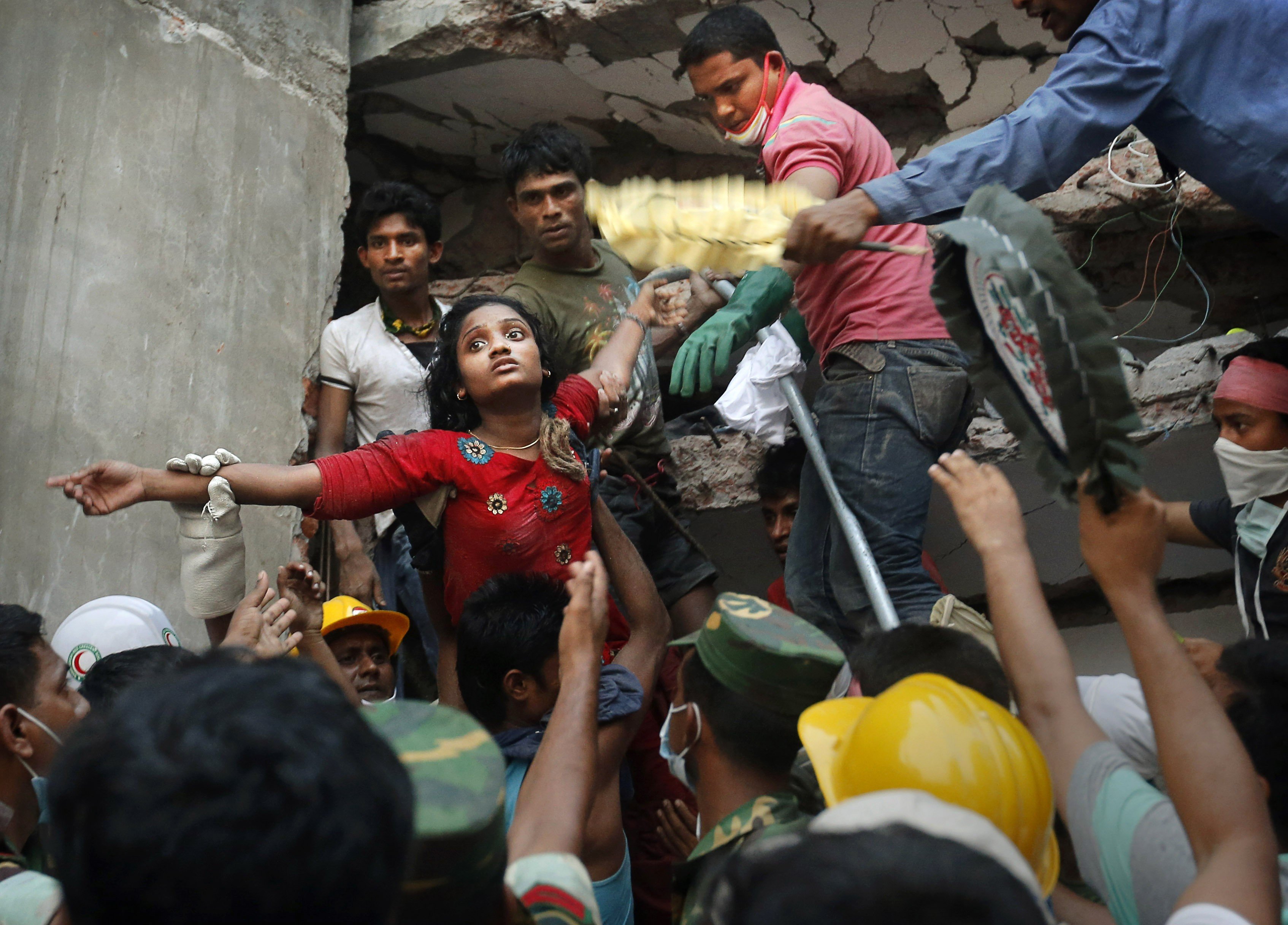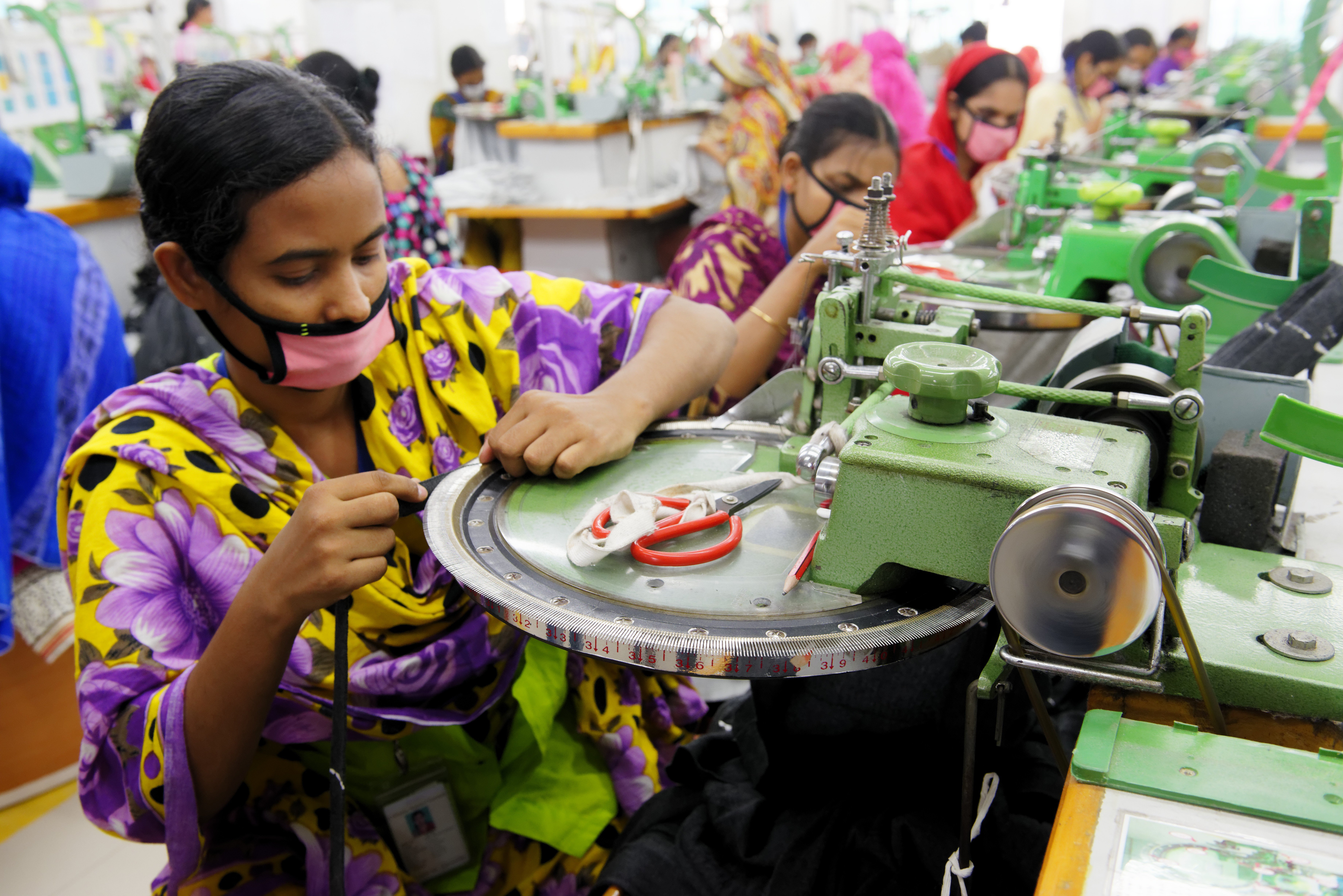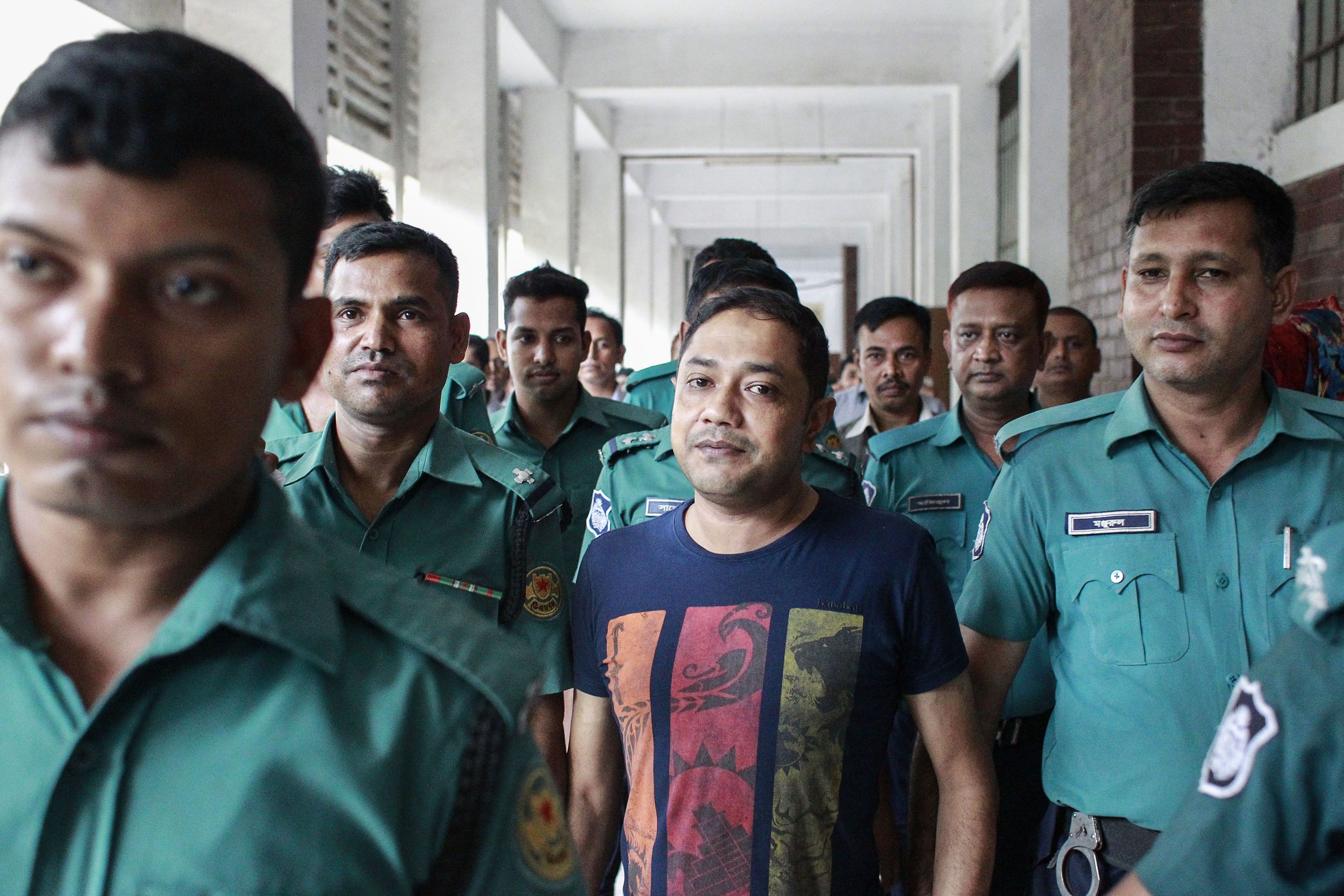Topic
Bangladesh is the world's second-largest apparel exporter behind China. A building collapse in Savar, near the capital of Dhaka, on April 30, 2013, that killed more than 400 people has triggered scrutiny over worker safety and labour conditions in the country.
- Following a week of deadly clashes between workers and police over pay, the government announced a 56.25 per cent wage increase
- Low wages helped Bangladesh become the world’s largest garment exporter after China, but soaring fuel and power prices added to the cost of living for workers
Protests by Bangladeshi garment workers against low wages have led to two deaths amid a spike in the costs of basic foodstuffs and other items.
More than a decade after 1,100 garment workers died in the Rana Plaza collapse, Bangladeshi garment workers say factories are safer, but progress on better pay and conditions has been far slower.
Beijing has used its influence in Myanmar to broker a repatriation agreement before, Bangladesh’s foreign minister noted, but the Rohingya refugees previously refused to return.
US’ boycott of Xinjiang cotton looks to reshape the global textile supply chain by isolating China, but suppliers in places such as Vietnam and Bangladesh could face setbacks as they shift away from such a major source of cotton.
Fire broke out after a boiler exploded in the factory at an industrial facility in Dhaulana in the Hapur area of Uttar Pradesh state, around 60km from New Delhi
Bangladesh’s US$35 billion garment trade is second in size only to China’s, but fires and factory collapses are common due to lax regulations.
Denim brands such as Levi’s and Outland Denim, a Meghan Markle fave, are making strides towards producing jeans (long thought bad for the planet) in more environmentally friendly ways.
The analysis warns that the problem of rising sea levels is receiving little attention and smaller-scale suppliers would be most affected, highlighting the example of Bangladesh.
Critics say democracy is being eroded as PM Sheikh Hasina enacts increasingly repressive rules where a cartoon or Facebook post could land one in jail.
According to latest analysis, India and Bangladesh have joined Myanmar and China in the category of ’extreme risk’.
Lockdowns, cancelled orders and closed factories have seen hundreds of thousands of workers laid off across Bangladesh, Cambodia and Myanmar.
Companies including Walmart and Gap won’t commit to paying in full for recent garment orders. This has forced factories to lay off staff, who lack financial support and may be vulnerable to slavery.
Supply chain disruptions and vanishing customer orders following the coronavirus outbreak have left the global textile industry reeling and wary of more pain to come.
Hong Kong needs more foreign domestic workers, not only to care for its ageing population, but also to counter a policy long threatened by Indonesia.
Soaring wages at home have seen many Chinese firms set up shop in Bangladesh, boosting its economic growth
Factory owners had been lobbying for the monitors to leave, arguing that the programme’s five-year mandate had expired, but global clothing brands took the issue to the Supreme Court and won.
The progress made in the country’s garment industry since the 2013 tragedy, when 1,134 workers were killed after a building collapsed, has evaporated.
Nine out of 10 workers interviewed in Bangladesh said they could not afford enough food for themselves and their families and were forced to skip meals or go into debt.
The charity tops, bearing the message ‘#IWannaBeASpiceGirl’, were produced by mostly female machinists who said they were forced to work up to 16 hours a day and were verbally abused by managers
Based on 250 interviews, a coalition of charities said female employees were ‘systematically exposed to violence’ and faced retaliation if they reported attacks
Industry figures say the garment factory trade has turned a corner. But even if safety has improved, wages are another matter .



